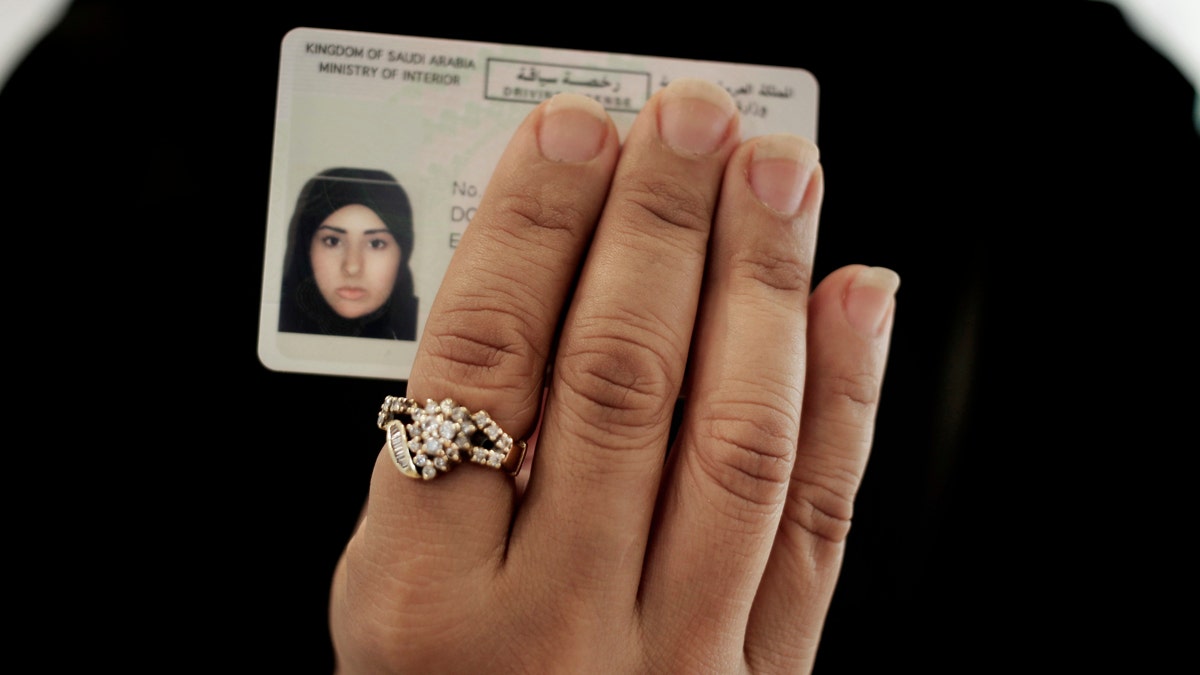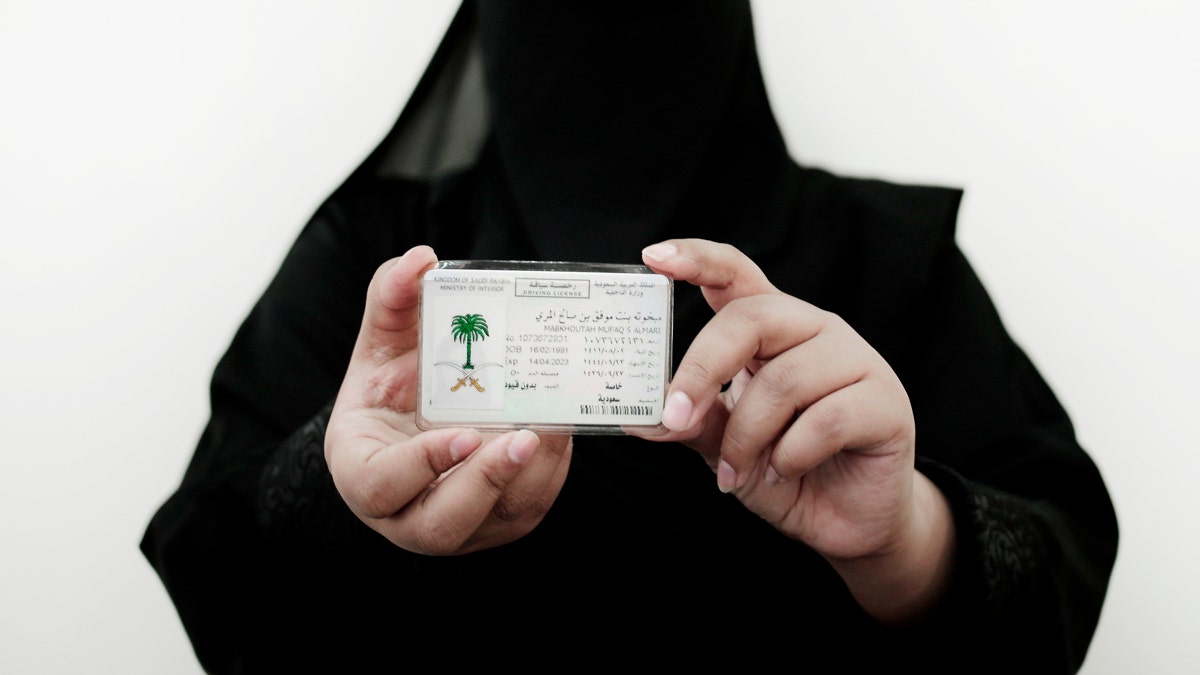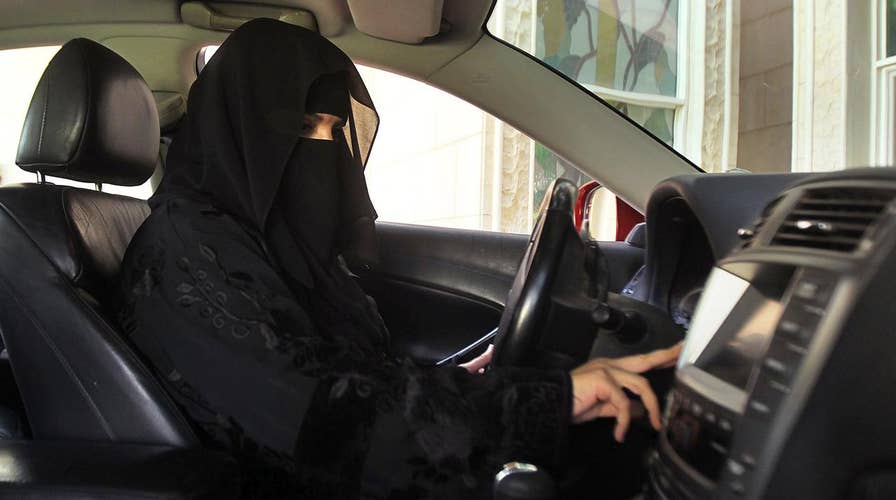Saudi Arabia agrees to let women drive
Women will be allowed to drive vehicles starting in June 2018
Saudi women are officially in the driver's seat for the first time ever.
The world's last remaining ban on women driving was lifted just after midnight on Sunday and the mood was upbeat as women would no longer have to rely on their husbands, fathers, brothers and drivers to run errands, go to work and see friends.
"I'm speechless. I'm so excited it's actually happening," said Hessah al-Ajaji, who drove her family's Lexus down the capital's busy Tahlia Street after midnight.
Al-Ajaji had a U.S. driver's license before obtaining a Saudi one and appeared comfortable at the wheel as she pulled up and parked. As for the male drivers on the road, "they were really supportive and cheering and smiling," she said.
"I feel free like a bird," talk show host and writer Samar Almogren told AFP as she cruised across the capital.
For nearly three decades, outspoken Saudi women and the men who supported them had called for women to have the right to drive. They faced arrest for defying the ban as women in other Muslim countries drove freely.

In this June 23, 2018 photo, a Saudi woman covering her name holds her new car license at the Saudi Driving School inside Princess Nora University in Saudi Arabia. (AP)
In 1990, during the first driving campaign by activists, women who got behind the wheels of their cars in the capital, Riyadh, lost their jobs, faced severe stigmatization and were barred from travel abroad for a year.
Ultraconservatives in Saudi Arabia had long warned that allowing women to drive would lead to sin and expose women to harassment. Ahead of allowing women to drive, the kingdom passed a law against sexual harassment with up to five years prison for the most severe cases.
Criticism against women driving has largely been muted since King Salman announced last year that they would be allowed to drive.

In this June 23, 2018 photo, 27-year old Mabkhoutah al-Mari poses for a photograph holding her new car license at the Saudi Driving School inside Princess Nora University in Saudi Arabia. (AP)
Simultaneously, however, at least 10 of the most outspoken supporters of women's rights were arrested just weeks before the ban was lifted, signaling that only the king and his powerful son, Crown Prince Mohammed bin Salman, will decide the pace of change.
SYRIA ARMY WIDENS OFFENSIVE ON REBEL-HELD AREAS
With state-backed support for the move, many Saudis now say they support the decision allowing women to drive and see it as long overdue.
"This is a great achievement," billionaire Saudi Prince Al-Waleed bin Talal said as his daughter Reem drove a family SUV, with his granddaughters applauding from the backseat, reports AFP.
"Now women have their freedom," he added in a video posted on Twitter.
Not all women are driving at once, though. The overwhelming majority of women in Saudi Arabia still don't have licenses. Many haven't had a chance to take the gender-segregated driving courses that were first offered to women only three months ago. There's also a waiting list of several months for the classes on offer in major cities. And the classes can be costly, running several hundred dollars.
Other women already own cars driven by chauffeurs and are in no rush to drive themselves.
"I will get my driver's license, but I won't drive because I have a driver. I am going to leave it for an emergency. It is one of my rights and I will keep it in my purse," said 60 year-old Lulwa al-Fireiji.
While some still quietly oppose the change, there are men openly embracing it.
"I see that this decision will make women equal to men and this will show us that women are capable of doing anything a man can do," said Fawaz al-Harbi. "I am very supportive and, in fact, I have been waiting for this decision so that my mother, my sisters will drive."
The Associated Press contributed to this report.









































